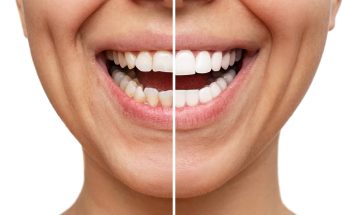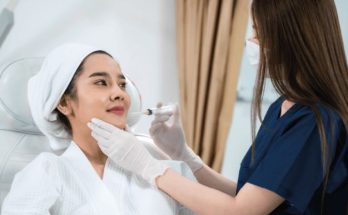Vaccines are a critical tool in the fight against infectious diseases. The COVID-19 vaccines were developed to protect individuals from severe illness, hospitalization, and death caused by the SARS-CoV-2 virus. After receiving the COVID-19 vaccine, your body begins producing antibodies that recognize and fight the virus if you’re exposed in the future.
However, vaccines don’t act as impenetrable shields. Instead, they prepare your immune system to respond more effectively. This means that while the risk of serious illness is dramatically reduced, it is still possible to contract COVID-19 even after full vaccination—a scenario commonly referred to as a breakthrough infection.
What Is a Breakthrough Infection?
A breakthrough infection occurs when a person who has been fully vaccinated against COVID-19 still becomes infected with the virus. While this may sound alarming, it’s important to understand that no vaccine offers 100% protection against infection. Breakthrough infections were expected from the beginning, especially as new variants of the virus have emerged.
Most breakthrough cases result in mild or moderate symptoms, and many vaccinated individuals who get infected report fewer complications compared to those who are unvaccinated. The vaccine reduces the virus’s ability to replicate and cause damage in the body, which is why severe outcomes are rare among vaccinated individuals.
Why Infections Still Happen After Vaccination
There are several reasons why someone might still get COVID-19 after their COVID shot:
- Waning immunity: Over time, the protective effect of the vaccine may decrease, especially if booster shots have not been administered.
- Variants of concern: Mutations in the virus can make it better at evading immune responses. Variants like Delta and Omicron have shown an ability to partially bypass vaccine-induced immunity.
- Underlying health conditions: Individuals with compromised immune systems may not develop as strong an immune response even after full vaccination.
- High exposure risk: Those working in healthcare or living in densely populated areas may have repeated exposure to the virus, increasing the likelihood of infection despite vaccination.
What the Data Shows
Global health authorities, including the World Health Organization and the Centers for Disease Control and Prevention (CDC), have analyzed breakthrough infections closely. Data shows that vaccinated individuals are significantly less likely to require hospitalization or intensive care compared to unvaccinated individuals.
In populations with high vaccine uptake, COVID-related hospitalizations and deaths have decreased dramatically. Even as newer variants continue to circulate, booster doses have helped restore protection levels, particularly against severe outcomes.
Symptoms of COVID After Vaccination
For those who do experience a breakthrough infection, symptoms are typically milder. Common signs include:
- Sore throat
- Fatigue
- Cough
- Low-grade fever
- Headache
- Nasal congestion or runny nose
Some individuals may not exhibit any symptoms at all and remain asymptomatic throughout the infection. This further emphasizes the importance of testing and mask-wearing in high-risk settings, even among vaccinated individuals.
How to Reduce Your Risk After Vaccination
Vaccination remains the most powerful tool in reducing the spread and severity of COVID-19. However, it works best in combination with other preventive measures. To reduce your risk even further:
- Stay up to date with booster doses
- Practice good hand hygiene
- Wear masks in crowded or poorly ventilated areas
- Maintain physical distancing where appropriate
- Avoid large gatherings during community surges
These actions not only protect you but also help reduce transmission in the community, especially among high-risk groups like the elderly or immunocompromised.
Why You Should Still Get Vaccinated
Some people may question the purpose of vaccination if breakthrough infections are possible. The key reason is that the COVID vaccination drastically reduces the chances of serious outcomes. Unvaccinated individuals are far more likely to suffer from complications, require hospitalization, or die from the virus.
Vaccination also contributes to community or herd immunity. When more people are protected, it becomes harder for the virus to spread widely. This protects those who cannot be vaccinated due to medical reasons and helps reduce the strain on healthcare systems.
Looking Ahead: Living with COVID-19
As COVID-19 becomes endemic, meaning it is expected to circulate in the population like the flu, vaccination will likely continue to play a central role in managing the disease. Seasonal or annual booster shots may be required, especially if new variants arise that evade immunity.
Pharmaceutical companies and health experts continue to monitor data and update vaccine formulations to address these evolving threats. Staying informed and adhering to public health guidance will be essential for maintaining both personal and public health safety.
Conclusion
Yes, it is possible to get COVID-19 after vaccination, but the purpose of the COVID vaccination is not solely to prevent infection—it is to significantly reduce the severity of illness and lower the risk of hospitalization or death. Breakthrough infections may occur, particularly with new variants or waning immunity, but most cases are manageable and far less severe than those in unvaccinated individuals. By staying vaccinated and adopting other preventive practices, we can continue to protect ourselves and those around us.




